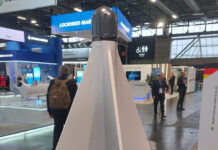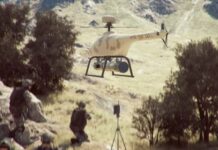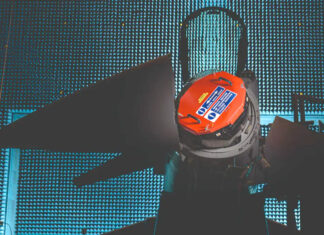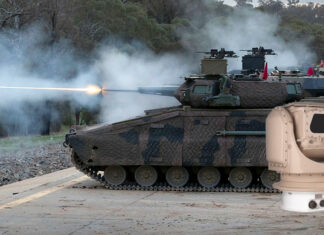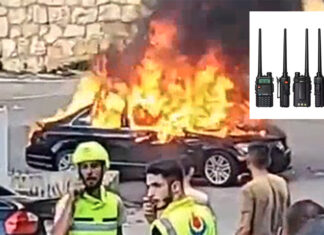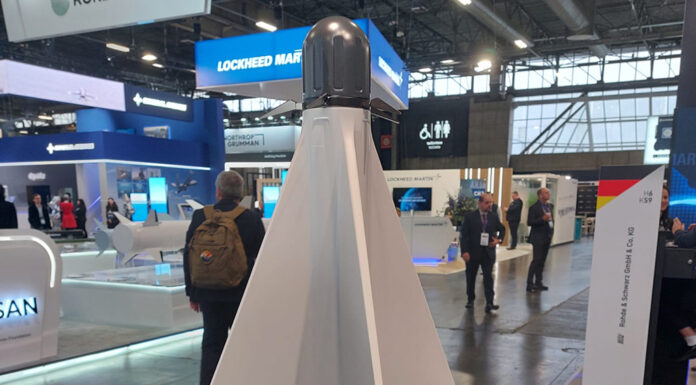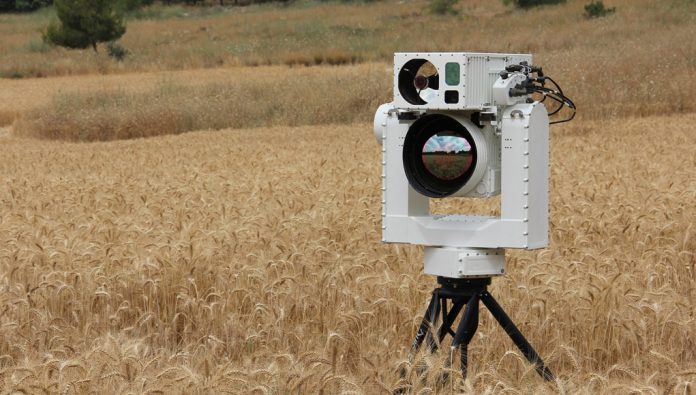
Controp Precision Technology is unveiling a land-based observation system designed for operation at very long range. The gyro-stabilized SPEED-ER employs multiple sensors in parallel, operating in three channels – Visible, Thermal and SWIR (Short-Wave Infrared). The combination of images ensure sharp, clear and stabilized pictures under all visibility conditions. A new addition to night/day vision of standard IR/VIS imaging systems, SWIR provides outstanding images, even in conditions of haze, dust, rain or high humidity.
“We developed SPEED-ER as an answer to the acute problem of unclear pictures under limited visibility conditions such as during daytime with high humidity or dust and smoke, and during twilight hours, when year-round and round-the-clock surveillance is the utmost priority,” explain Johnny Carni, CONTROP’s VP Marketing & Sales.
Carni added that SPEED-ER is the ultimate solution for programs that require exceptionally long-range surveillance of dozens of kilometers, under all weather conditions and at all hours of the day. “Due to this particularly long range capability, fewer posts are required to protect a very large area, making this system even more cost-effective.”
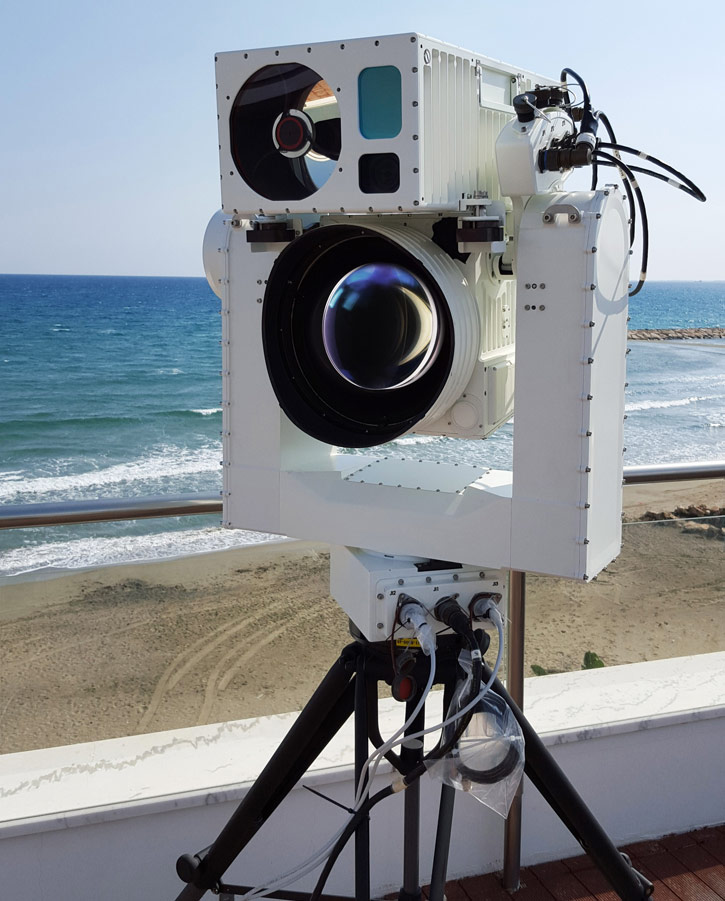
The system comprises a cooled InfraRed Thermal Imaging camera operating in the medium infrared band (MWIR), fitted with a continuous zoom lens.The SWIR Camera also uses a continuous optical zoom lens. The system also uses two color day cameras, for wide to medium Field-of-View (WFOV) and for Narrow to super narrow Field-of-View (NFOV). Additional ancillary systems include a laser rangefinder and laser pointer and command and control unit.
The Thermal camera has a narrow FOV of 0.4°while the SWIR camera has an NFOV of 0.22°, enabling the system to detect a NATO target from a distance of more than 40 km.
Though initially designed for diversified land-based applications such as border surveillance and coastline protection, SPEED-ER is also ideal for Vessel Traffic Services (VTS) and Air Defense – and the advanced gyro-stabilization allows installation on high masts, poles and fixed/mobile towers.
According to Carni, the system is currently in production, fulfilling initial orders from customers, following extensive test and evaluation phase.

